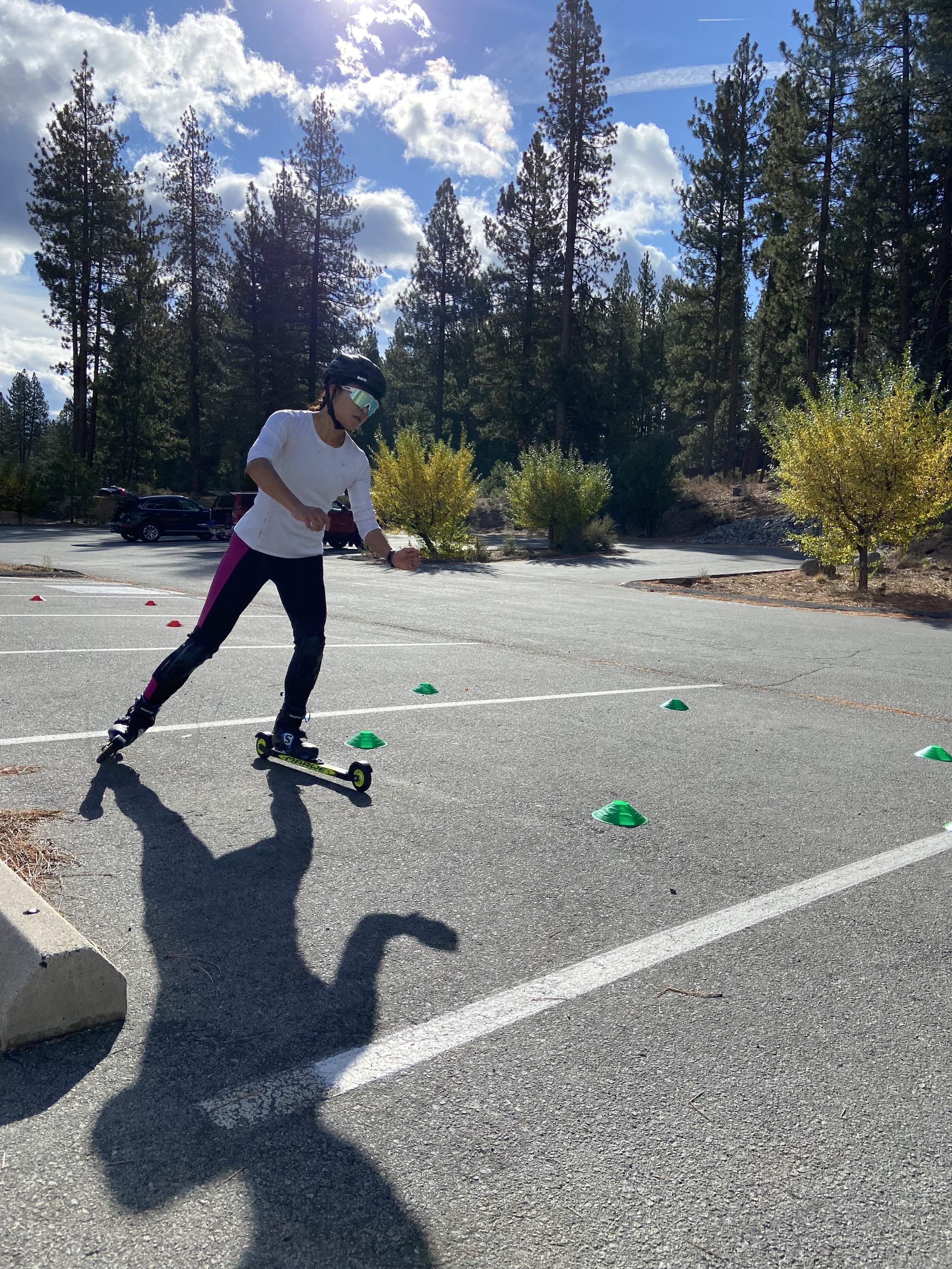How To Actually Get Better
One thing that I think is always challenging for us as runners is how do we actually get better? This month and next month I’m going to write a little bit about how we can actually improve our running both in terms of endurance and speed. Here are 4 basic steps to take to set yourself up for continued improvement and development:
One of the first things that comes to mind is people often don’t have enough structure in their training and so there’s no real progression. There’s no real easy days or hard days and there are no recovery weeks and volume weeks. The first thing becomes putting together some sort of plan or program to include the various aspects that we need to improve. I’ll write more next month on the specifics, but right now it’s important to recognize there needs to be structure to our training. Some weeks should be hard, and occasionally we need an easier, recovery week. We also need some workouts to be hard and fast, while others should be more focused on building our aerobic base and endurance. The next step in building a plan, is that we want to start identify what the timeframe is that we’re working with. Is the goal based on a specific event or race? Or is the goal broader and more centered around purely improving as a runner over time? If the goal is event-based, how much time is there before the event or race? How long is it? What are other considerations? In short, if the goal is more event-focused then we need to build some specificity into the plan to account for the race/event.
The second thing I recommend to folks is what is the low-hanging fruit? In other words, what are the simple things you can do to make your training more productive? There are often some common themes with these for a lot of people. Sleep quality and quantity help us recover better from training. Good sleep, including naps, can help our bodies recover from the stress of training. The next easy one is hydration. Are you drinking enough water throughout your day? Are you drinking enough electrolytes if it’s especially hot during your runs or if you happen to sweat a lot? Being slightly dehydrated through the day can impair your workout later in the day, or even the next morning. Fueling properly can fall into this category of “low-hanging fruit”. It might just be adding some snacks in during the day if you are running more, increasing your mileage, etc. It might involve being more systematic on calorie-consumption during long runs. These are a few examples of those easy steps to ensure we’re setting ourselves up for better training quality.
The next one is you should have some way to track your workouts. Strava can be a useful app. It can also be helpful (in Strava or elsewhere) to make some notes about your workout. Part of improving is learning what works and doesn’t work for you. We’re individuals and what works for one person may not be the right solution for you. The more you can log notes after workouts, the better. Pay attention to your body and how you’re feeling. Maybe you didn’t sleep well for a few nights and you notice that your “easy” runs feel a lot harder. Maybe you had a mellower week at work and you feel fantastic for your long run on the weekend. All this is important information that can help shape future training.
Get feedback/perspective. As a coach myself, I would recommend hiring a coach to help give you valuable perspective on your training. Good coaches can help identify trends in your training and past performance and help improve your overall fitness. If that is not in the cards for you, I would still recommend finding someone who can help provide perspective on your training. Someone you trust and who you will listen to. Coaches or mentors can give invaluable feedback and perhaps most importantly, a fresh set of eyes to take a look at what you’re doing.
Next month, I’ll dive into some more specifics of how to get better/improve. It’s important to note that this takes time and the sooner you start implementing some of these key steps, the sooner you will see improvement. That said, it will often take months to see key improvement. It’s important to be patient with yourself and learn to enjoy the process. Not every day will feel great, and that’s okay. It’s all part of it, and you’ll learn to appreciate the days you feel great that much more!

